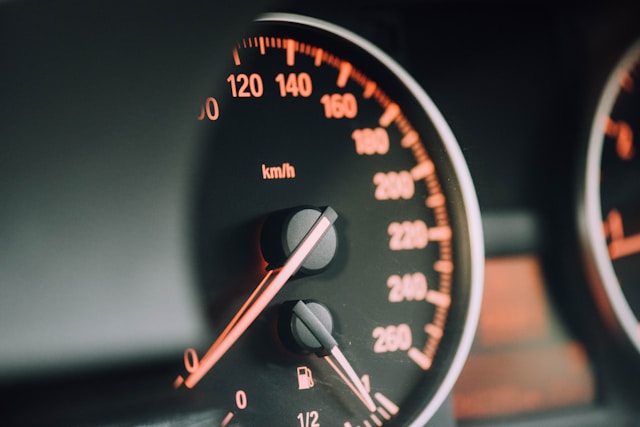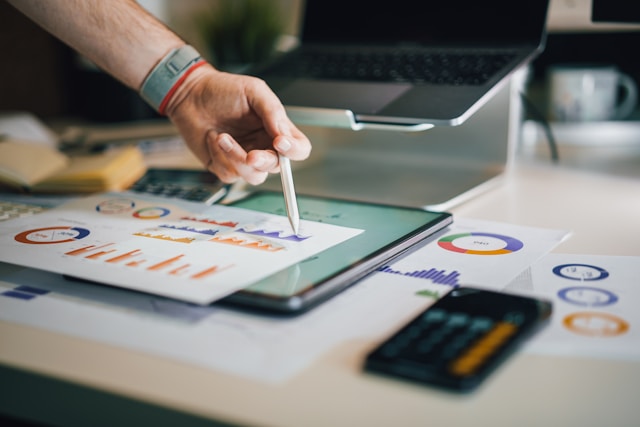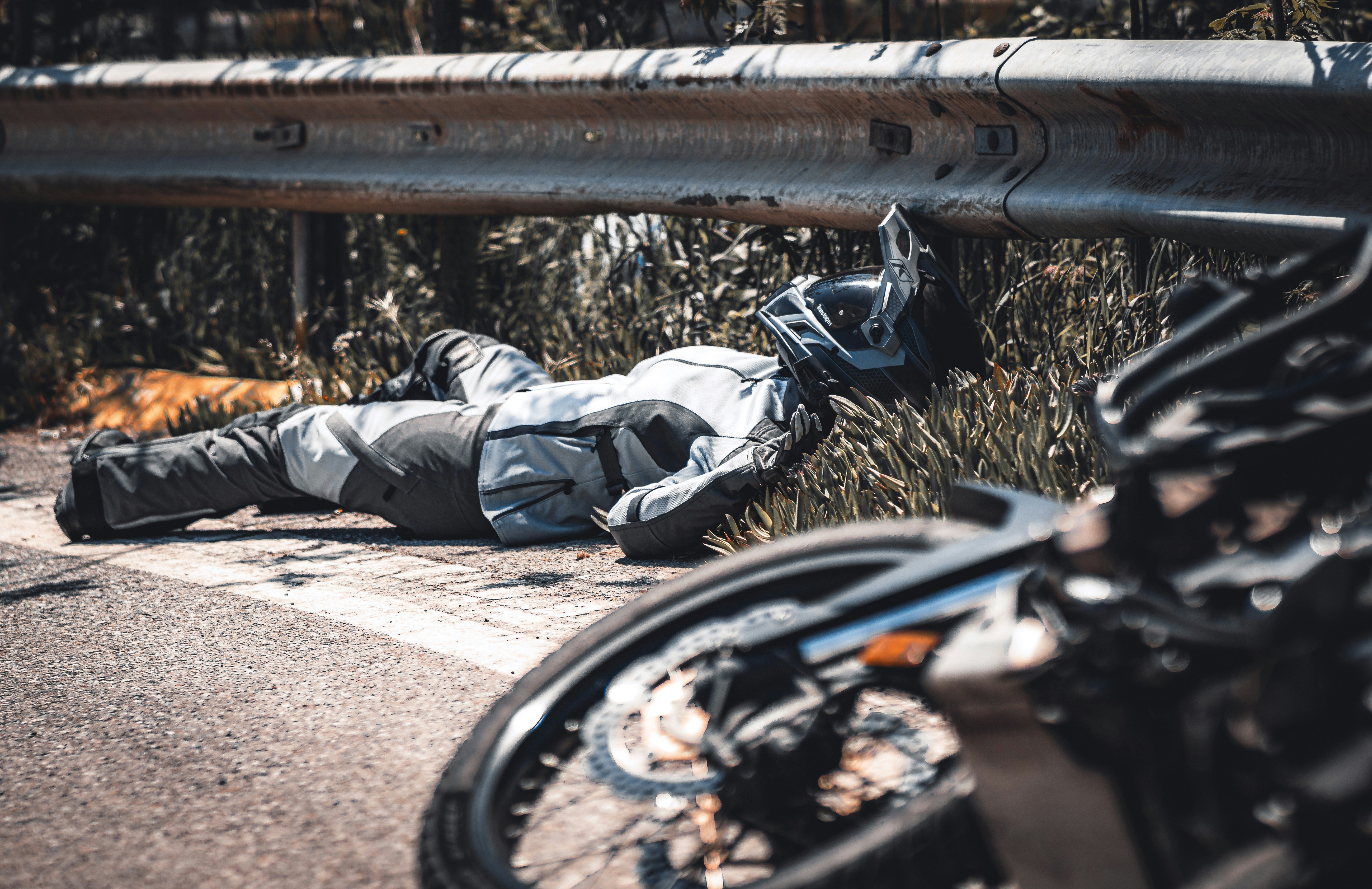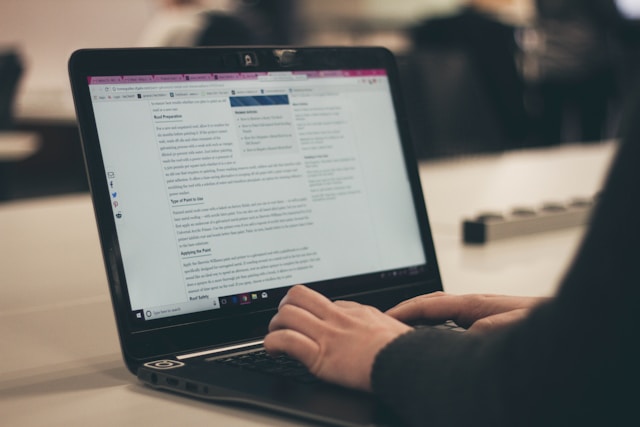When buying a used car, the vehicle’s authenticity is the highest priority. Among the most critical measures of checking a used car is checking the VIN (Vehicle Identification Number). The VIN is a unique print of the car that enables the buyers to trace its history and verify its authenticity. By checking the VIN, the buyers can spare their time, money, and trouble by avoiding costly mistakes and potential scams. This article will discuss why checking the VIN is imperative while purchasing a used car and how it can spare you time, money, and trouble.
For those who want a comprehensive VIN check, a site like VIN Inspect is invaluable for checking the car’s history and authenticity before you purchase it. It’s also helpful for VIN decoding and looking up Vininspect, which can provide additional details about the vehicle’s manufacturing and specifications.
What is a VIN and Why Does It Matter?
The VIN is a 17-character alphanumeric code specially provided to each car by the manufacturer. It carries significant information about the car’s manufacturer, model, year of manufacture, engine description, and manufacturer location. The VIN also tracks the car’s record, such as collisions, title issues, or mileage inaccuracies.
Verifying the VIN is essential because it helps ensure the car you’re considering purchasing hasn’t been stolen or involved in a serious accident. It also confirms the car’s ownership history and whether the seller can legally sell it. Without this verification, you risk buying a car with a hidden past, which could lead to expensive repairs or legal issues.
The Risks of Avoiding VIN Verification
Skipping the VIN checking can have a myriad of possible downsides. For instance, you might end up purchasing a car with a “salvage” or “rebuilt” title without knowing this status exists, normally due to the car being involved in a serious crash or being significantly damaged. Then, you have the risk of getting a car that was actually stolen and was not registered to the seller at all.
Here are some of the risks of avoiding VIN checking:
- Stolen Vehicle: If you purchase a car without knowing that it is stolen, the authorities can seize it, and you can lose the car and the payment you made on it.
- Accident History: In the case of a serious car crash, the car could have hidden damages to the structure of the car that compromise the car’s safety.
- Odometer Fraud: Sellers might roll back the odometer to state that the car has traveled less than expected. VIN checks can expose mileage reading discrepancies if they do occur to allow you to avoid this sort of fraud.
- Title Issues: If the car has a “salvage” or “rebuilt” title, the insurance company could have totaled the car out due to extensive damages. Buying the car can translate to a higher cost of repairs and a struggle to obtain insurance.
How to Check a VIN
Verifying a VIN is a very simple process with the added bonus of websites providing detailed car histories. Here are a couple of ways you can verify a VIN before you purchase a used car:
- Locate the VIN number: The VIN number is most commonly found on the dashboard next to the windshield, within the driver’s view of the external side of the car. It can also be found on the driver’s side door frame or inside the door on a sticker or tag.
- Check the VIN Format: Ensure that the VIN is 17 digits long since earlier models had shorter VINs. All the digits must be legible and match the car’s information.
- Use Online VIN Check Tools: Online VIN check tools like VIN Inspect have detailed software that crosschecks the car’s record with other databases, such as the record of theft, accidents, and title issues.
- Review the Vehicle’s History Report: Once you have it, thoroughly review it for red flags such as salvage titles, wrecks, or mileage discrepancies.
Compare this with the car’s overall state to check that all is well.
Why VIN Verification Saves Money
VIN verification is not merely a means of shielding you from deception; it can also cost you less money. If a VIN check shows that the car was involved in a crash or is heavily damaged, you can negotiate a discounted price or refuse to purchase the car altogether. If the car is also shown to have a record of repairable damages, you can include the cost of the repairs when calculating whether to purchase the car.
When you avoid VIN checking, you might be paying a premium price tag for a car that is not worth the cost. Investing in a thorough VIN check can save you costly repairs and enable you to make a well-informed decision.
Conclusion
Purchasing a used car is a significant financial investment, and acquiring a proper deal requires prudence. VIN checking is likely the best means of avoiding being conned by potential scams, hidden damages, or legal issues. In taking the time to check the VIN, you’re not merely checking the car’s authenticity but also being a wise financial decision-maker.
Before you finalize the purchase of a used car, crosscheck the VIN to avoid the shock of the surprise. Organizations like VIN Inspect ease the process conveniently and quickly, providing detailed reports that can lead you to a well-informed decision. When purchasing a car at a dealership or directly from a seller, VIN checking is necessary to protect your purchase and ensure you have a vehicle you can trust.
What does CarMax do? How does CarMax business work?










